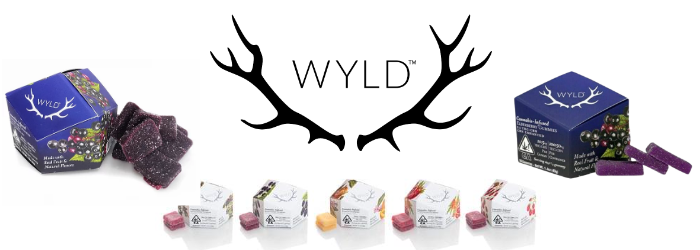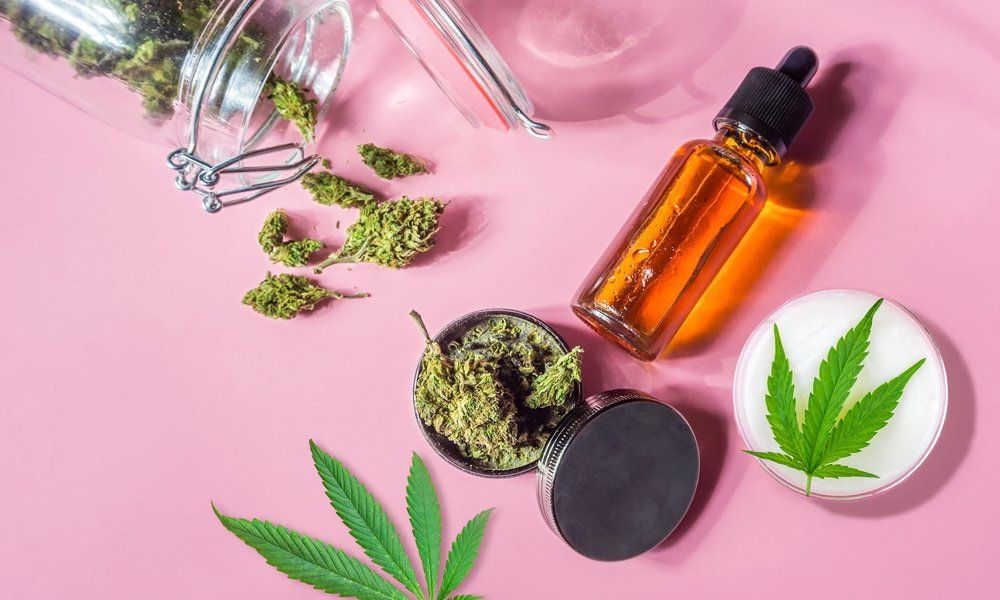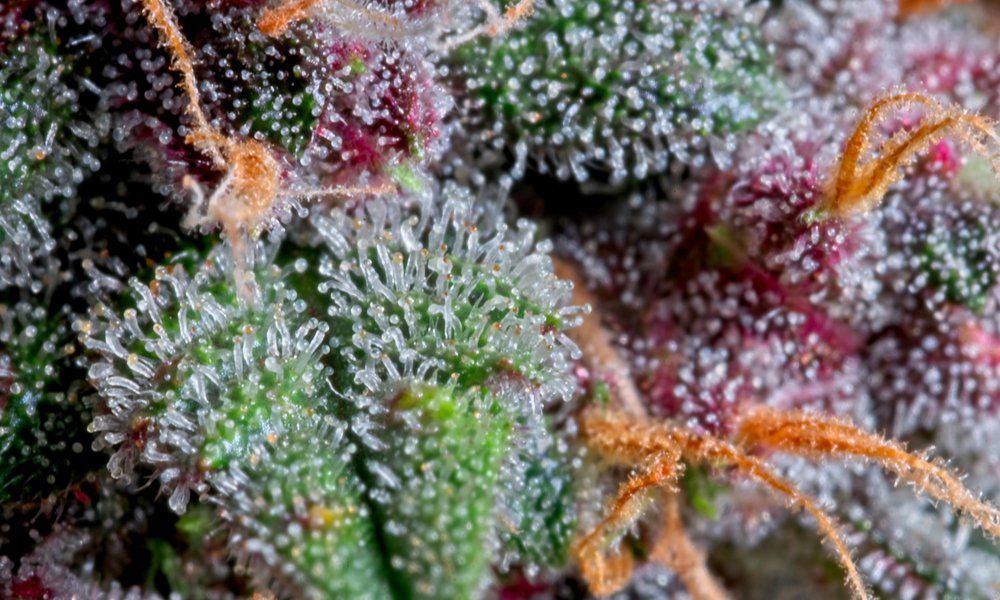A Brief History of Cannabis in Professional Sports
Cannabis and professional sports have often had a tumultuous relationship, to say the least.
Generally speaking, to hear the two mentioned in the same headline is nearly always followed by a scandal. Leading up to the 2021 Olympics, it was Sha’carri Richardson. In 2019 David Irving announced his resignation from the NFL in protest before they quadrupled the THC limit required for a positive test.
In this article, we will touch upon some of the scandals, advocates and questions that have often surrounded the use of cannabis in sports. But first, we must ask, is cannabis a performance enhancer or a hindrance?
Enhancer or Handicap?
That really depends on who you are and how you use it. There are many athletes who incorporate marijuana into their training routines. For some, however, the jury is still out on whether it helps or hinders.
Let’s dive a little deeper.
While there are studies that say using cannabis slows down reaction times (which is an obvious hinderance to many athletes) there has also been research to suggest it has performance-enhancing properties. Cannabis is a natural anti-inflammatory and has even been studied and shown to increase focus and motivation. Another piece of information to bear in mind is that cannabis is not a single compound.
While THC is the psychoactive component responsible for slower reaction times, it can be taken out of the equation. CBD does not produce a high and is still very useful in anti-inflammation and treating symptoms of mental health disorders. Take, for example, Ricky Wiliams , another NFL player to protest the regulations surrounding cannabis use. He said that cannabis was a better medicine for his Social Anxiety Disorder (SAD) than Paxil, a prescription anti-depressant.
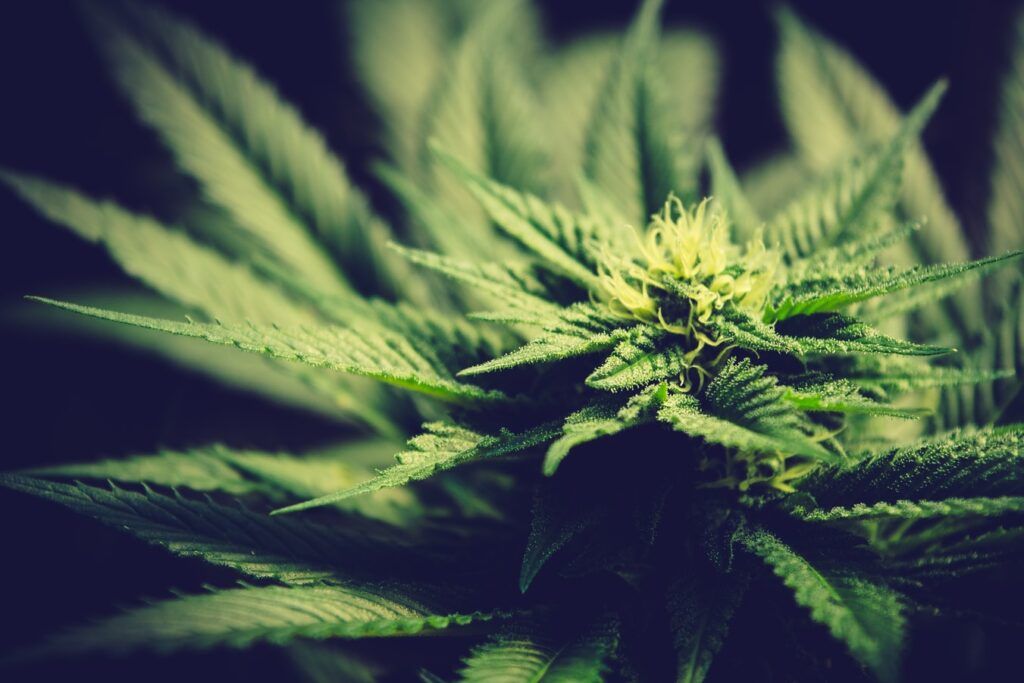
Quicker Recovery with Cannabis
Prioritizing treatment of symptoms that come with disorders like PTSD, SAD, etc. far outweigh the negativities of reduced reaction time. For this reason, if you are using cannabis to treat an ailment while playing sports, it is helpful. But does it have a place in sports as an athletic aid in any way?
Cannabis has been helping some athletes to not only reduce the anxiety and tension that comes with competition but to help their bodies recover faster as well. Because it offers pain-relieving and anti-inflammatory effects to its users, cannabis has been helping athletes to bounce back and heal faster. Recovery activities like foam rolling and ice baths are less painful and more effective.
Public perception of cannabis has slowly been coming around in recent decades. As more states and countries move to legalize and decriminalize cannabis, the perception of cannabis in sports has been changing too. That doesn’t mean that all athletes have stood to benefit, however.
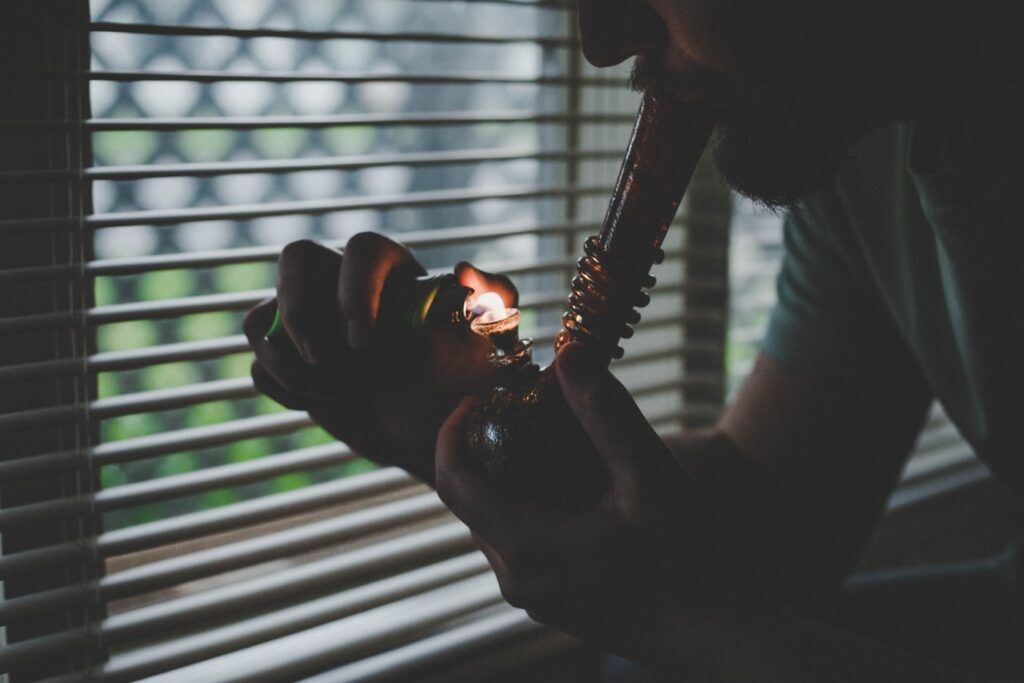
Athletes and Advocates
Although a petition for Richardson failed to let her compete in 2021, Ross Rebagliati famously won, lost and re-won his gold medal at the 1998 Nagano Olympic games. He recently opened his own line of dispensaries.
While Rebagliati, as a snowboarder, may have been a more predictable advocate for cannabis, some athletes weren’t convinced right away.
Former NBA forward Al Harrington was raised with more conservative beliefs towards cannabis. It wasn’t until he was experiencing complications from a knee surgery, followed by a staph infection, that his opinion changed. He didn’t like the way the pain medication was affecting his body, so he tried CBD.
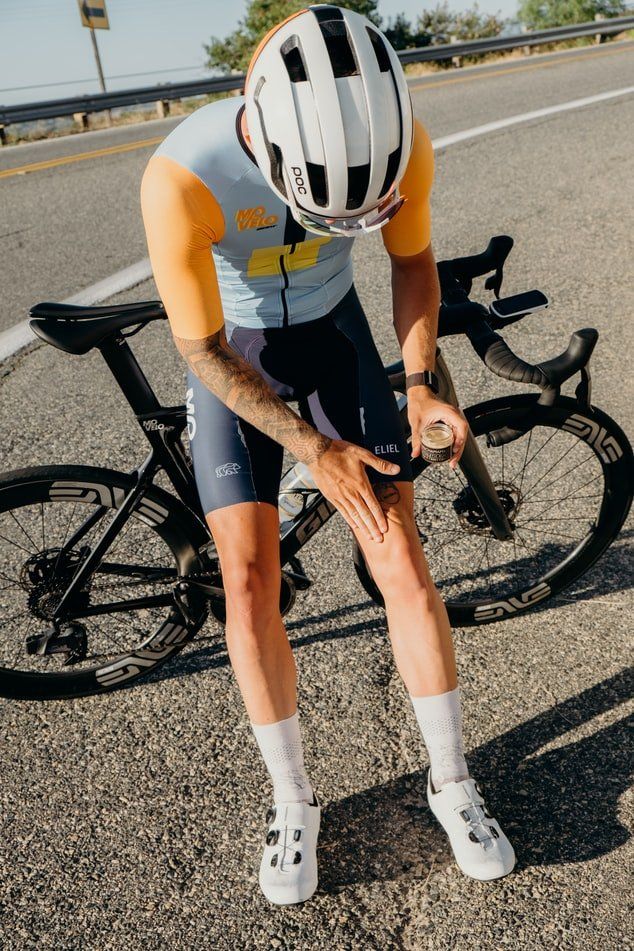
Harrington is now the owner of Viola Brands, which operates cannabis dispensaries in multiple states. The CBD must have worked pretty darn well! Harrington was quoted saying that 70 – 80% of the NBA used cannabis in some way, and made up some of the best players on his teams.
The NBA isn’t the only cannabis-ridden league it turns out. Once the plant was first legalized in California, NFL players started investing in the industry in droves. NFL players have been advocating for its treatment of brain injuries, which are a big problem in their sport. Chronic traumatic encephalopathy, or CTE, is a progressive and fatal condition that arises from the repeated head trauma that football players and other contact sports players suffer from. CBD has shown some promise in treating this and other brain trauma. With so many athletes advocating for the accepted use of cannabis, it seems inevitable that archaic cannabis regulations will be rescinded.
But it still hasn’t happened yet. So what gives?
With public perception shifting and research supporting the benefits of cannabis, why is Richardson still banned from the Tokyo Olympics? A bad rap is nothing new for our favorite plant and while people have been warming up to it – and with it, giving a whole new meaning to the term ‘pre-game’ – the bodies that govern professional sports have stood mostly unwavering.
Some would argue that it is performance-enhancing, like a steroid. But to counter that, you need to look closely at how the two are used in sports. Cannabis does not work to make you physically stronger or faster.
Cannabis, or specifically CBD, is used as an anti-inflammatory to reduce pain and improve comfort during recovery. In 2016, a survey found that 61% of NFL players polled believed using cannabis would reduce the use of injections given for the same purpose.
Tides Turning – Slowly
There has been some progress. While cannabis remains on its banned substance list, the NBA avoids scandal by simply not testing for it. As mentioned, the NFL did raise the allowable limit – but there is still a long way to go.
The Olympic stage is the mecca that athletes all over the world strive to get to. It is their life goal. In that light, it doesn’t seem fair that they should have their Olympic dreams plucked away for using a medicine that helps them.
Olympic athletes are still banned from all synthetic or non-synthetic cannabis products, and Sha’carri Richardson won’t be running in Tokyo this year. There is still much work to be done when it comes to cannabis acceptance in sports, that’s a fact. What the major leagues in the US have taught us is that with legalization comes the courage to stand up as an athlete and say, I use cannabis and cannabis helps me.
As more athletes are able to stand up and advocate for themselves, sports organizations around the world will have to take notice and listen, eventually.
La entrada A Brief History of Cannabis in Professional Sports se publicó primero en Ecomeds.




